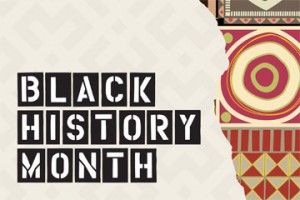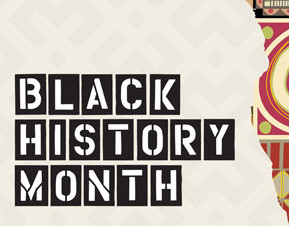
Black History Month is being celebrated in the city, underlining black contributions to British society and educating locals about the significance of black culture in Liverpool.The relevance of black history to Liverpool over the past 300 years is enormous. It is estimated that over 40,000 African slaves were transported by Liverpool vessels alone via the River Mersey.
October 2012 marks 25 years of Black History Month in the UK.
Merseyside Black History Month Group will be holding their annual Cultural Food Feast at Sefton Park Palm House on Sunday 14th October, where over 20 different cultural groups across the city will be promoting their native cuisines, alongside cooking demonstrations, recipe ideas and tasters.
The organisation wants to highlight multiculturalism in the city, and the significance of food in bringing communities together. The aim of the event is to “challenge racist attitudes, discrimination and create a sense of community cohesion”.
The group will also host the Black Achievers Awards at St George’s Hall on Saturday 27th October, with reggae group Aswad performing at the event. Tickets are £40 for a three course meal and champagne reception.
The International Slavery Museum, World Museum, Museum of Liverpool and Walker Art Gallery will be laying on workshops, talks, lectures, trails and displaying historic archives that will illustrate and educate people about the influence of black culture in Britain.
Most events will be family-friendly, including craft workshops and dance lessons. Some events require pre-booking, but most are free of charge to drop in at any time.
Liverpool played an essential role in the development of slave trade. Many of the city’s buildings are built on the profits of slave trade, and the evidence is still prominent here.
Liverpool was the number one slave port in the 1740s, with up to 100 ships a year leaving the city laden with African slaves.

